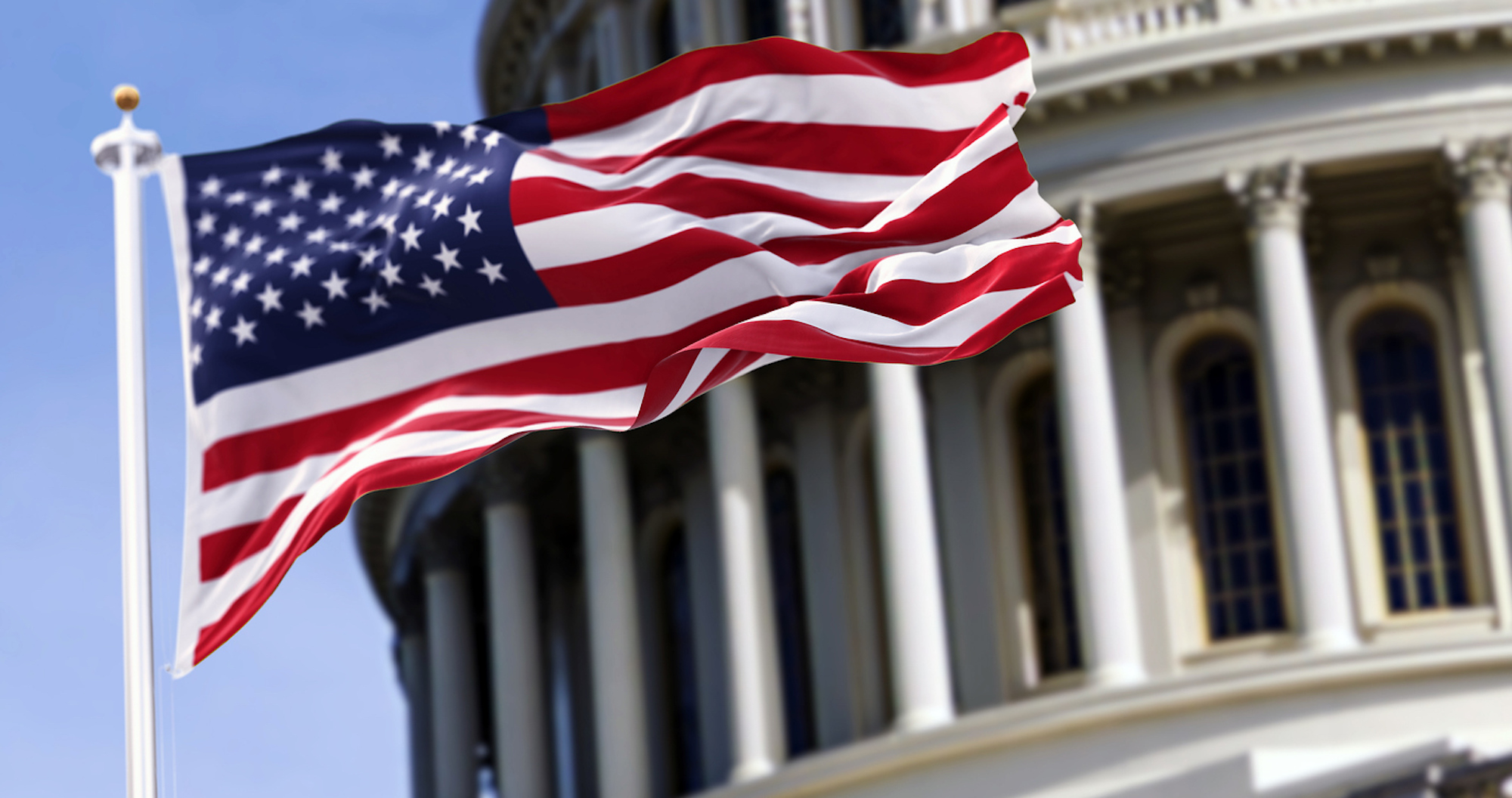SECURE 2.0 Act Becomes Law

After it was passed by Congress last week, President Biden signed the $1.7 trillion omnibus spending bill into law yesterday. The massive federal legislation included SECURE 2.0 Act, a wide-ranging measure designed to increase the number of employers offering retirement plans and Americans building their savings.
The bill passed Congress and included 92 provisions, according to a 19-page summary distributed by congressional staff.
SECURE 2.0 includes 92 provisions that will expand automatic enrollment in retirement plans; boost retirement savings for low-income workers; improve coverage for part-time workers; raise the required minimum distribution age from 72 to 75; increase the ceiling on catch-up retirement savings contributions for people between 60 and 63; allow employers to match student loan payments with retirement plan contributions; enable 403(b) plans to participate in multiple employer plans; and make it easier to incorporate annuities in retirement programs, among many other policy changes.
The legislation follows the Setting Up Every Community for Retirement Enhancement Act that Congress approved in 2019. Earlier this year, the House of Representatives passed the Securing a Strong Retirement Act of 2022, and the Senate approved The Enhancing American Retirement Now Act and the Retirement Improvement and Savings Enhancement to Supplement Healthy Investments for the Nest Egg Act, (RISE & SHINE). These three bills are the foundation for the SECURE 2.0 Act.
Last month, the American Council on Life Insurers released its study of the Joint Committee on Taxation’s revenue estimates for SECURE 2.0 that showed it would produce more than $80 billion in retirement savings over 10 years.
“The provisions in the bill over the next 10 years will provide billions more in retirement savings to workers and retirees at all income levels,” said ACLI spokesperson Whit Cornman.
